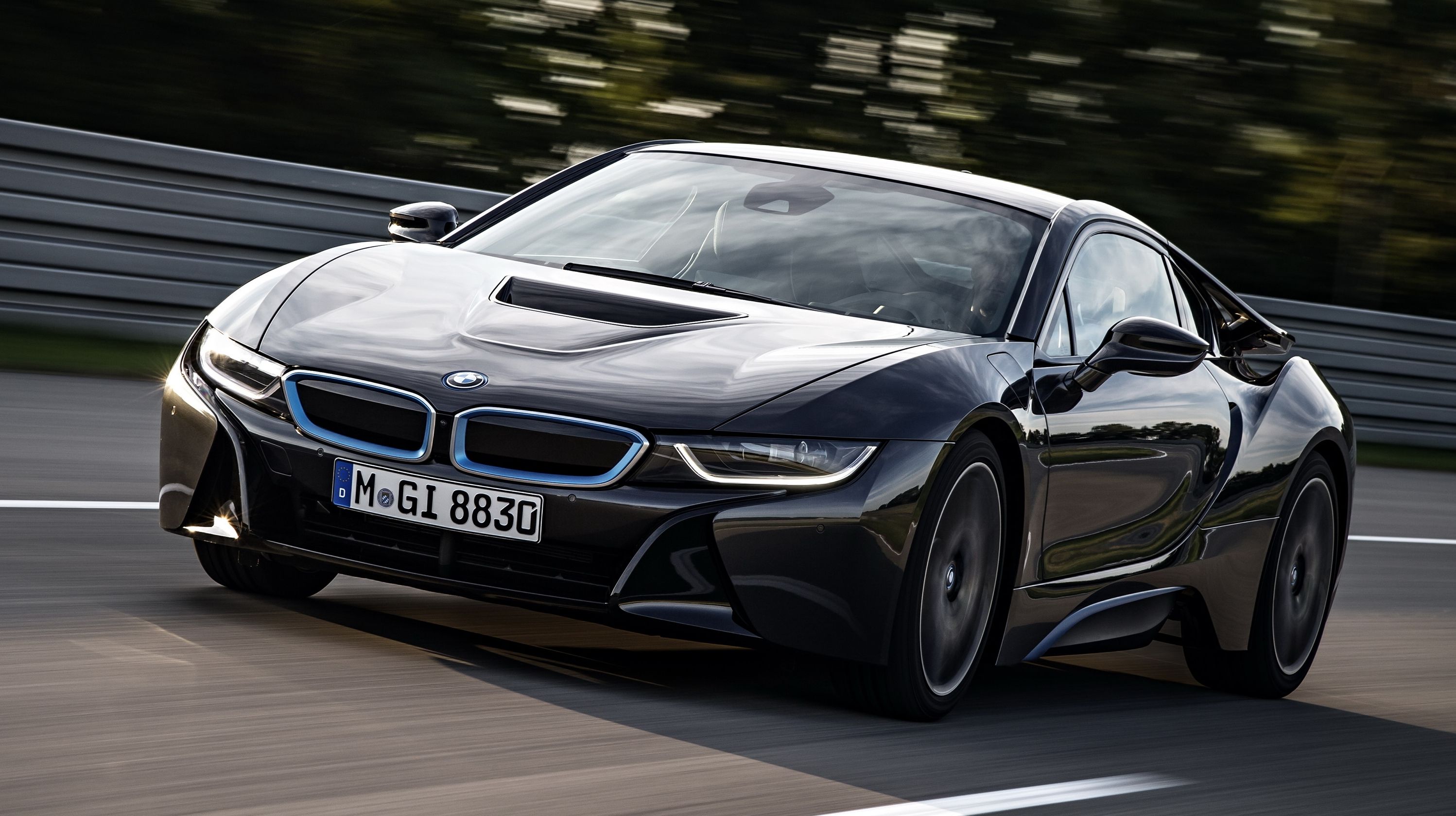Event though cars with full-electric drivetrains have yet to become an actual sales threat to most of their competitors with internal-combustion engines, no matter what segment they are in, it is a safe bet that we aren't very far from that type of situation. This is probably why more and more traditional car manufacturers have started to increase their amount of peeking at brands like Tesla, whose entire model lineup has always been composed of electric vehicles.->ke1030
BMW,->ke178 for example, is no stranger to electric cars, and 2014 was the year when not one but two distinct electric models from the Bavarian lineup started reaching dealerships around the world -- the BMW i3->ke4694 and i8.
Both of them are part of the so-called "i" sub-brand, and it appears that in a few years they may get another brother in the form of a direct competitor for Tesla's Model S.
According to Automobile Mag's corespondent and known insider Georg Kacher, BMW's upcoming third member of the "i"->ke3915 family will be based on the long-wheelbase version of the 5 Series,->ke317 which is currently only built for China.
Despite being heralded as a Tesla Model S competitor, the BMW i5 or i7, as it will likely be called, will apparently be a plug-in hybrid model and not a full-electric one, while also having a much less radical design compared to the current i3 and i8.->ke4622
Set to be launched sometime in 2018, it is safe to say that it will use the platform of the upcoming 5 Series LWB, with the extra space between the two axles to benefit rear-seat passengers and accommodate the batteries.
You shouldn't confuse it with a "regular" plug-in hybrid though, as in order to adhere to the "i" prefix, the model will actually use a similar formula with today's BMW i8 or the Chevrolet Volt, if you like. In other words, the internal combustion engine will only charge the batteries, with the propulsion being made fully electric, therefore earning the "electric car with a range extender" moniker.
Click past the jump to read more about BMW's future electric car.
Why it matters
With the BMW "i" sub-brand already making a name for itself thanks to the i3 and i8, it is only natural that BMW would like to capitalize on the notoriety with the addition of more models to the lineup. As standalone BMWs have a rather different image than "i" models -- even though plug-in hybrids will start appearing across the "regular" Bavarian lineup as well -- my guess is that the greenest ones do belong to the "i" sub-brand.
Plus, if the increasing "i" lineup is successful it will also reflect on the image of BMW on the whole. On the other hand, if an "i" car fails, it can be simply touted as just an experiment that went wrong with one of their experimental sub-brands. So it is almost a win-win no matter how many clients a potential i5/i7 would bring to the company.
Personally, even though it is far from a resounding success in terms of sales, BMW's "i" is a step in the right direction from a marketing perspective, and adding more models to the range can only increase customers' faith in the brand in the long term. Not to mention the fact that more competitors for the Tesla Model S can only be a good thing for future buyers of green luxury sedans.
BMW i8

